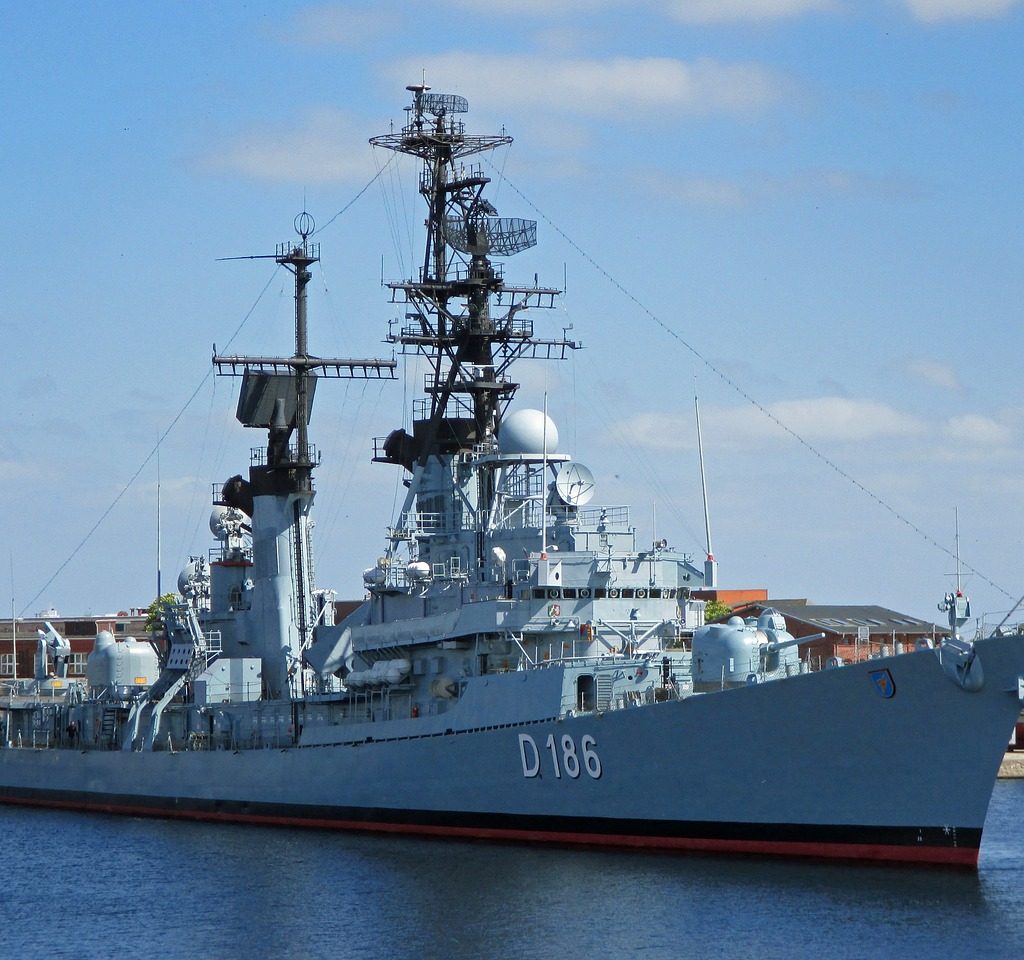A European Union naval mission to protect commercial shipping in the Red Sea from missile attacks by Houthi rebels in Yemen is expected to be launched on February 19, EU High Representative Josep Borrell announced today, according to Euronews. Borrell stated:
“Maritime security in the Red Sea has significantly deteriorated over the last weeks and we are very much advancing the work of a new maritime operation in order to act in a purely defensive mode to protect merchant vessels,” Josep Borrell confirmed after an informal meeting of defence ministers in Brussels.
“Our goal is to establish and launch this mission, Aspides, at the latest on the 19 February, I hope, and I’m sure, we will.”
#EU naval mission to protect ships in Red Sea set to be launched on 19 February https://t.co/BgZjrvwAFu #Houthis
— Andrej Matisak (@matisaksk) January 31, 2024
After Italy and Spain, Greece has become the third European country to see energy security affected by Houthi attacks to tankers in the Red Sea. At least 3🇶🇦Qatari LNG cargoes have been cancelled over the last days, impacting the Greek prospects of becoming a gas hub in Europe. Repeated cargo cancellations from Qatar, the second largest global LNG exporter after the US, are affecting several Southern European countries in particular. Italy’s Edison has reportedly seen a cargo aimed at the Adriatic LNG terminal cancelled while Spain’s Endesa has a cargo delayed by 12 days. After that, Greece is now seeing multiple LNG cargoes cancelled at once.
Italian researcher Francesco Sassi comments that “this should be a very strong signal for market operators that the current trade around Africa between European customers, especially those located in the Mediterranean Sea, and QatarEnergy is growingly unsustainable. Once a very major importer of piped gas from Russia, after the invasion of Ukraine, Greece has increasingly turned into an LNG importer, including from the same Russian exporters.
Greece has been trying to moderate gas consumption in electricity generation through renewables.”
🚨🇬🇷Greece is the third country in Europe, after🇮🇹Italy and🇪🇸Spain, to see energy security affected by Houthi attacks to tankers in the Red Sea.
At least 3🇶🇦Qatari LNG cargoes have been cancelled over the last days, impacting the Greek prospects of becoming a gas hub in Europe
🧵 https://t.co/hmiynIF7m3 pic.twitter.com/vTFRH2ysVy— Francesco Sassi (@Frank_Stones) January 31, 2024
He adds:
“It has achieved quite positive results, slashing by more than 20% consumption throughout 2023 vs 2022. Accordingly, imports decreased by close to 20% on year. The major import source has been the Revithoussa LNG terminal, covering more than 40% of the total gas imports. The terminal was completed in 1999 and later upgraded several times to allow up to 7 bcm of gas imports a year. Revithoussa LNG has become one of the major Mediterranean terminals.
So far, cargoes from Qatar have landed here, not far from Athens, the Greek capital.
As the EU wants to phase out gas imports away from Russia, Greece is trying to become an LNG and gas hub for securing gas supplies to the Southeastern EU Member States.
Greece is part of the Vertical Gas Corridor with other EU Members Bulgaria, Romania, Hungary and Slovakia, joined by extra-EU Ukraine and Moldavia. The project aims to integrate the gas grids of these countries and secure energy supplies.”
📯Five🇪🇺EU members and two European partners are joining forces to build a Vertical Gas Corridor to accelerate the diversification away from🇷🇺Russian gas supplies thanks to both gas and LNG.
Among these countries there are🇺🇦Ukraine, and an ally of Moscow,🇭🇺Hungary
🧵 https://t.co/oJs7qD5awO pic.twitter.com/s6QczaS264— Francesco Sassi (@Frank_Stones) January 23, 2024
Sassi further explains:
“Greece imports gas from several entry points, such as the Kipi cross-border pipeline with Turkey. However, the Greek government is investing in the construction of new mid- and large-scale LNG terminals. The EU has provided sizable funding for these projects, including the Alexandroupolis LNG terminal, with 5.5 bcm of import capacity, soon to be opened. Still, with cargo cancellations from Qatar and others likely to follow, sourcing the LNG needed to balance Greece’s grid, strengthening national and regional energy security becomes much harder. Meanwhile, as long as the Red Sea is closed, LNG should be found elsewhere.”

